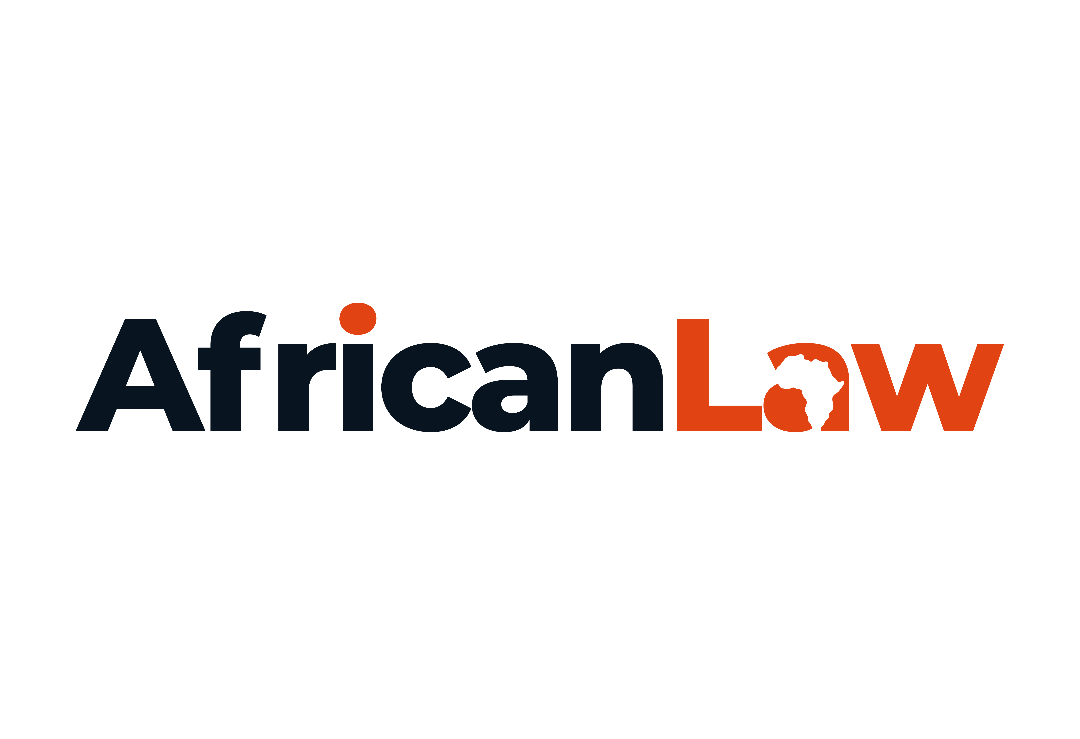In the global marketplace, intellectual property continues to take centre stage as the most valuable asset for any business. It represents the innovative ideas, creative works, and distinctive brands that set companies apart. For foreign investors venturing into Africa, protecting their IP is crucial for ensuring a competitive edge and maximising the return on their investment. However, navigating the IP legal framework in Africa requires a nuanced understanding of the challenges and opportunities that this unique and dynamic continent presents.
A Diverse and Evolving IP Landscape
Africa's IP legal landscape is as diverse as the continent itself. Each country has its own laws and regulations, often influenced by colonial legacies, regional agreements, and international treaties. While some countries have robust IP protection systems, others are still developing their legal frameworks to match the current developments.
Despite this diversity, there are common themes across the continent. Most African countries recognise the following main types of IP:
- Patents - Protect inventions that are new, non-obvious, and useful.
- Trademarks - Protect words, phrases, symbols, or designs that identify and distinguish goods or services.
- Copyrights - Protect original literary, artistic, and musical works.
- Trade Secrets - Protect confidential business information that provides a competitive advantage.
Regional IP Organisations - Key Players
Two main regional IP organisations play a crucial role in harmonising IP laws and promoting cooperation among African countries. These are:
- African Regional Intellectual Property Organization (ARIPO): A leading intergovernmental organisation that facilitates the filing and registration of patents, trademarks, and industrial designs in its member states.
- Organisation Africaine de la Propriété Intellectuelle (OAPI): A similar organization for French-speaking African countries.
The above two regional bodies cover 39 out of the continent’s 54 countries. In January 2016, the African Union Assembly adopted the Statute of the Pan-African Intellectual Property Organization (PAIPO). The new continental organisation shall be responsible for intellectual property and other emerging issues related to intellectual property in Africa and shall promote effective use of the intellectual property system as a tool for economic, cultural, social and technological development of the continent as well as set IP standards that reflect the needs of the African Union, its Member States and regional organisations like ARIPO and OAPI.
Challenges and Risks for Foreign IP Holders
Foreign IP holders face several challenges in Africa, with enforcement being the main one. Counterfeiting and piracy are widespread, especially for consumer goods and digital products. Weak enforcement mechanisms, limited resources, and judicial delays can also hinder IP protection efforts.
Moreover, some countries have local content requirements or restrictions on technology transfer that can affect foreign IP holders. It's essential to understand these challenges and develop strategies to mitigate the risks. Partnering with local lawyers is always advisable to simplify processes and augment enforcement efforts.
Strategies for Effective IP Protection
Protecting your IP in Africa requires a proactive and multi-faceted approach. Here are some key strategies:
- Register your IP: The first step is to register your patents, trademarks, and copyrights in the countries where you plan to do business. Consider using regional IP systems like ARIPO or OAPI for streamlined registration.
- Enforce your IP rights: Monitor the market for infringing activities and take swift action to enforce your rights. This may involve engaging local practitioners to send cease and desist letters, initiate legal action, or seek administrative remedies.
- Build relationships with local stakeholders: Engage with government agencies, law enforcement officials, and industry associations to raise awareness about your IP and build support for its protection.
- Educate your partners: Ensure that your business partners on the continent understand the importance of IP protection and know how to identify and report potential infringements.
- Consider alternative dispute resolution: Explore mediation or arbitration as faster and more cost-effective alternatives to litigation.
A Strategic Approach to IP Protection
For foreign investors venturing into Africa, protecting their IP is not just a legal obligation, it's a strategic imperative. By understanding the unique challenges and opportunities of the African IP landscape, and by adopting a proactive and comprehensive approach to protection, investors can safeguard their IP and reap the rewards of their creativity and innovation.
At AfricanLaw, we are committed to helping our clients navigate these unique challenges and opportunities of the African IP landscape. You can explore our AfricaIP Guide here for more IP related information and guidance.

















